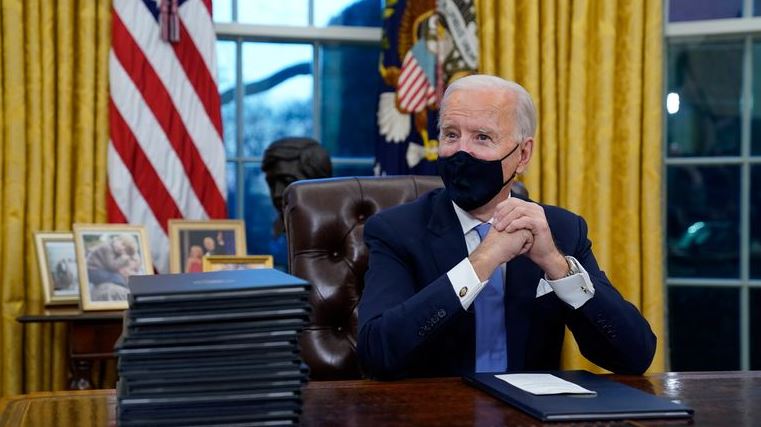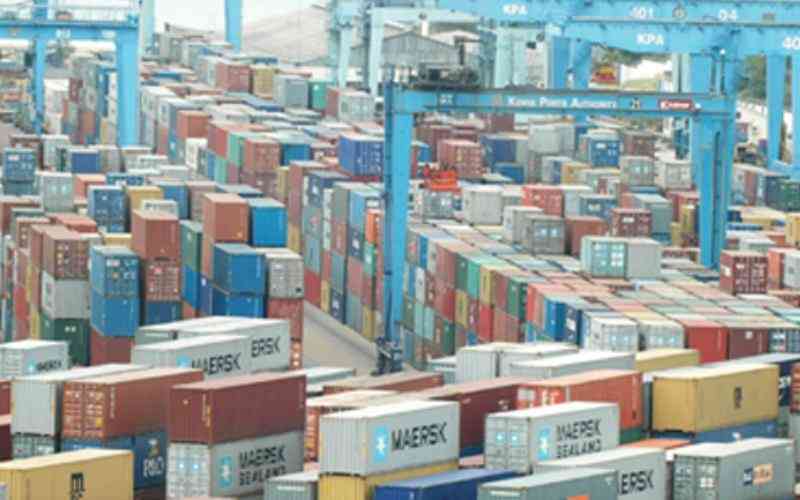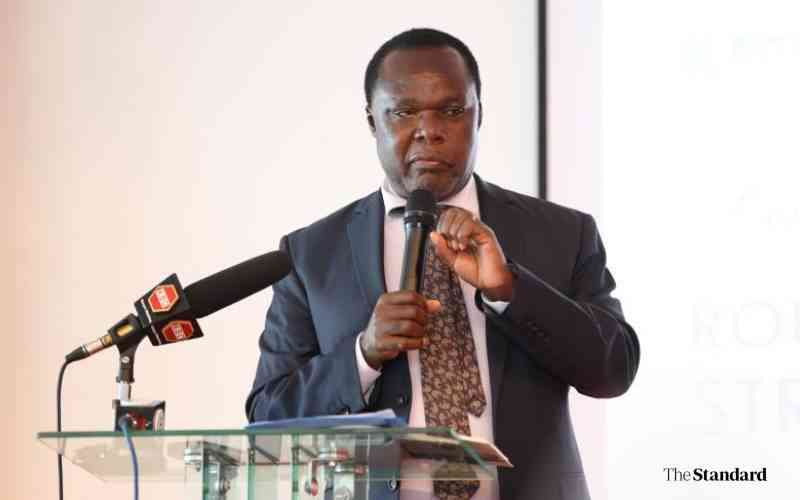×
The Standard e-Paper
Smart Minds Choose Us

As US President Joseph Biden’s new team settles in in Washington, Kenya’s bilateral trade pact with the Western superpower hangs in the balance.
This with only months to the lapse of free trade regulatory deadline.







